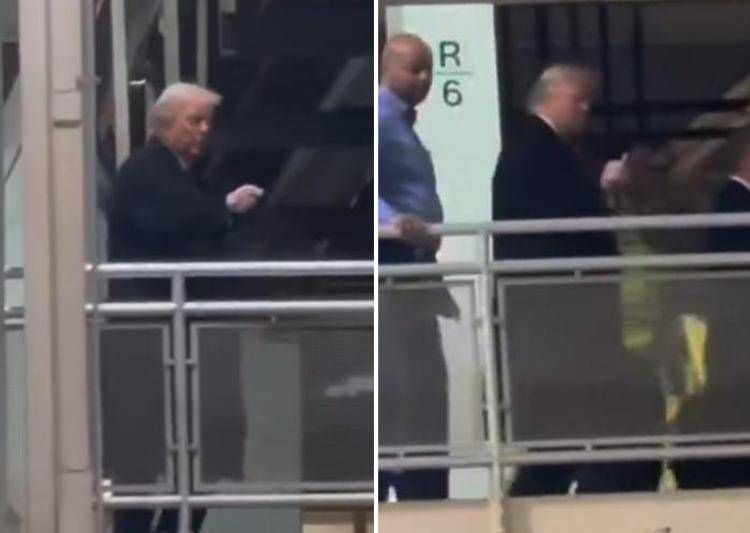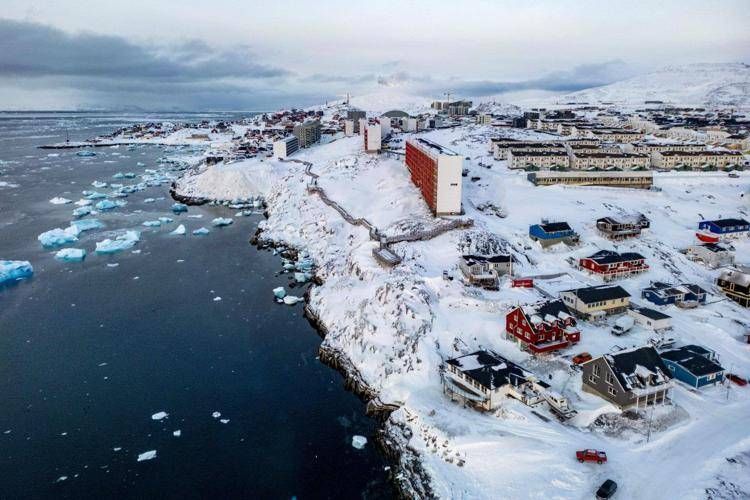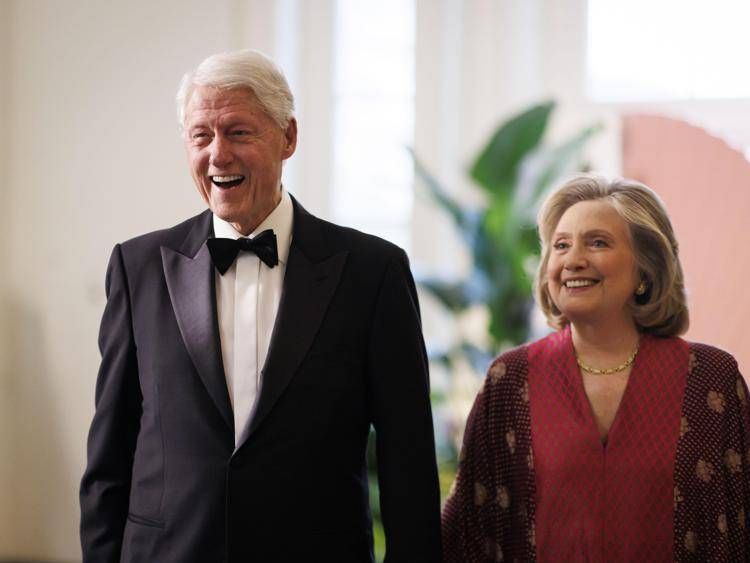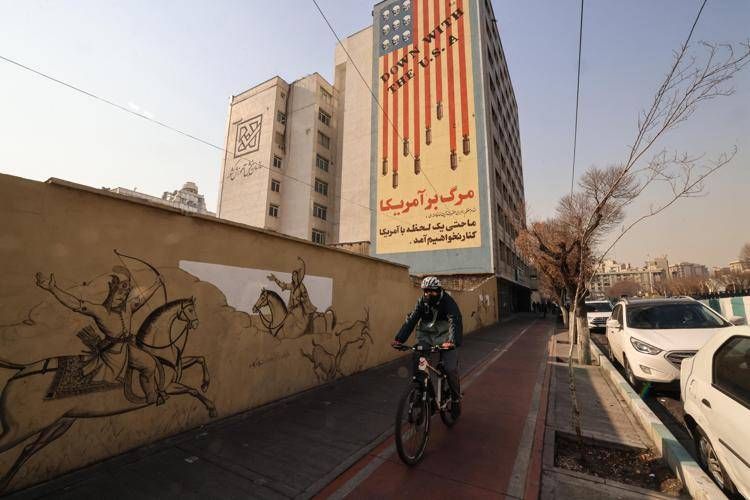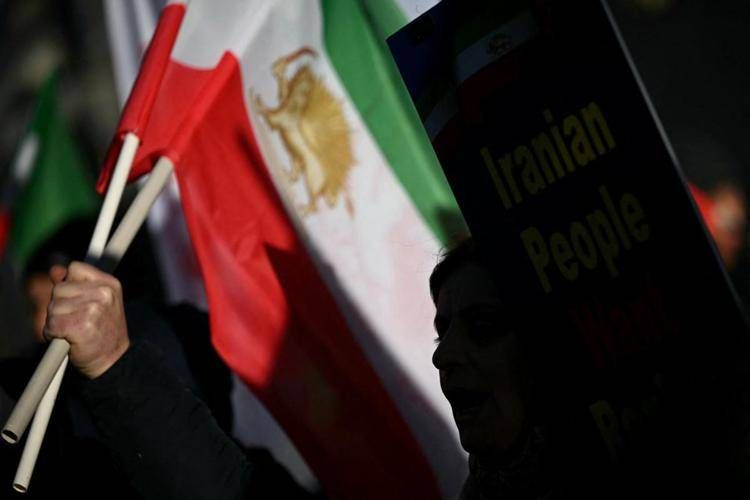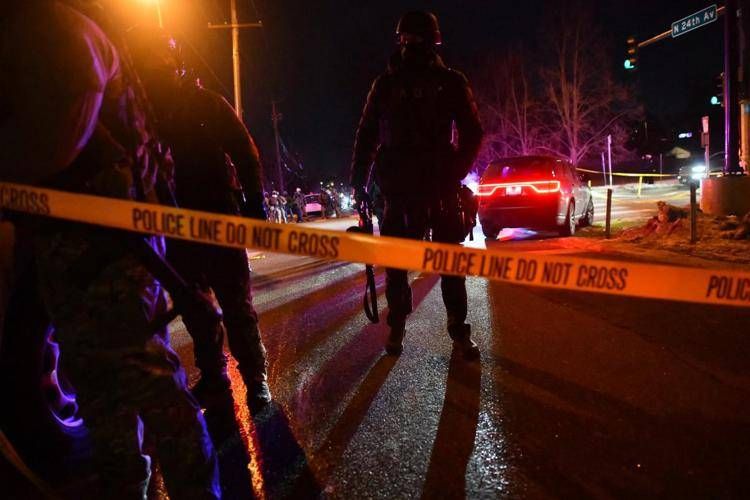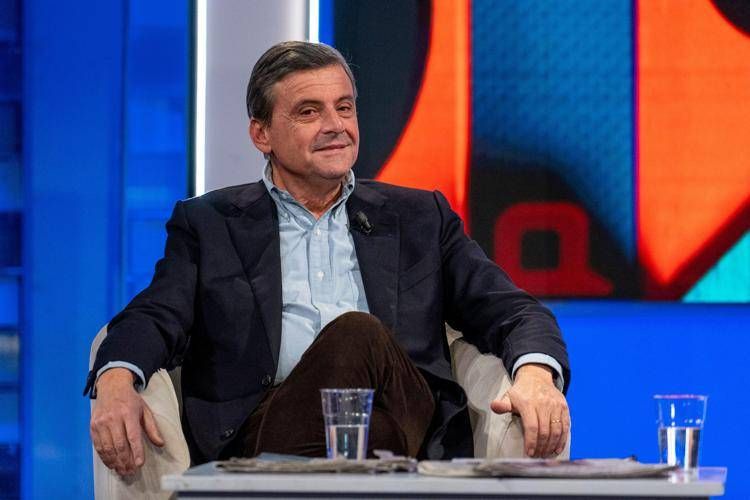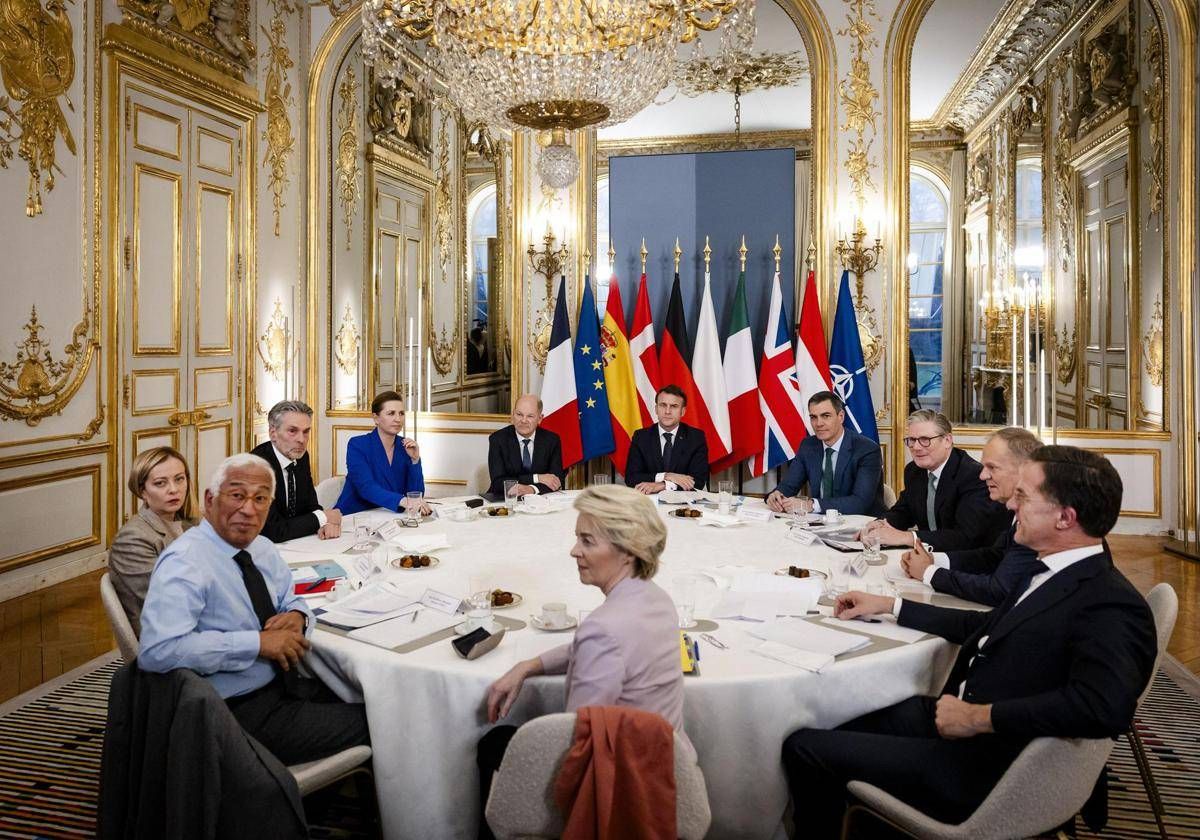
Europe moves late, divided and under pressure: Trump bypasses EU on Ukraine’s future
-


Alberto Trentini e Mario Burlò sono in Italia dopo la liberazione VIDEO
-
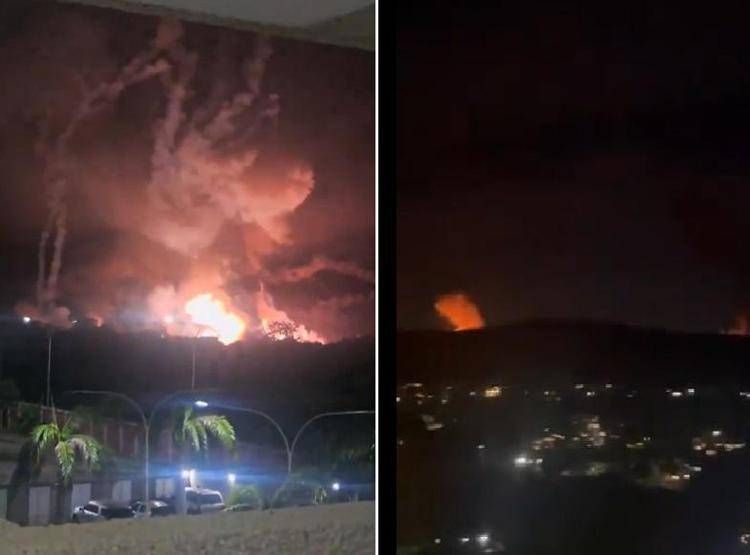

Overnight explosions in Caracas hit military area, widespread power outages reported VIDEO
-


Attacco Usa in Nigeria contro l’Isis, Trump: “Risposta al massacro di cristiani” VIDEO
-
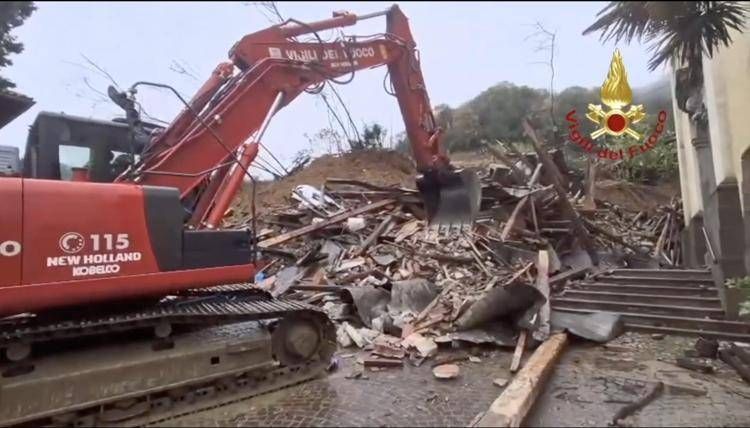

Frana a Cormons: disperso un giovane e un’anziana sotto le macerie VIDEO
Summit in Paris between European leaders to discuss military assistance to Ukraine, while the US pushes for a deal with Moscow. Internal divisions within Europe emerge clearly, putting coordinated action at risk
French President Emmanuel Macron rushed eleven European leaders to Paris to discuss the war in Ukraine and Europe’s response to the Trump administration’s increasingly one-sided attitude towards Moscow. The summit was hastily organised, as if to show that Europe does not intend to stand idly by while Washington deals directly with the Kremlin, bypassing its historical allies.
‘Ukraine deserves peace through force’
The presidents of the European Commission and the European Council, Ursula von der Leyen and Antonio Costa, summed up the position that emerged from the summit: ‘Ukraine deserves peace through strength’, a phrase that implies that Kiev must be supported militarily so that it can negotiate with Russia from a position of strength, not weakness as would be the case now. The European goal is a peace that respects Ukraine’s independence and territorial integrity, but also offers Kiev strong security guarantees, an issue that deeply divides European countries.
European defence and the American role
Von der Leyen and Costa reiterated Europe’s commitment to provide its share of military assistance to Ukraine. However, they admitted that ‘there is a need for increased defence in Europe’, a demand also coming insistently from the United States. It is clear that Washington, under Trump, is pushing for Europe to take a more active role and finance more of its own defence, but European responses, as the summit showed, are far from unanimous.
Criticism of Macron’s exclusive summits
Despite the criticism for excluding some countries, Macron defended the summit as the beginning of a path that will also involve the entire European Union. However, internal divisions emerged immediately. NATO Secretary General Mark Rutte acknowledged the European willingness to step up and take the lead in providing security for Ukraine, but stressed that the details of how to do so were still to be worked out.
The European alarm: Trump deals with Moscow by bypassing Europe
The real cause for concern for European leaders, however, is the attitude of Trump, who seems determined to deal bilaterally with Moscow on the fate of Ukraine, marginalising Europe. The sudden convening of Macron’s summit, which brought together the EU and NATO leaders in Paris with the leaders of Germany, Spain, Poland, Denmark, Italy, the Netherlands, and the United Kingdom, is a direct response to these American moves, which many in Europe see as a threat to the unity and credibility of the transatlantic alliance.
Internal divisions: Berlin and Rome break away
The differences between the European countries were evident from the very beginning of the summit. German Chancellor Olaf Scholz, with elections looming, left the meeting first and publicly declared that any discussion of sending peacekeepers to Ukraine was ‘premature’ and ‘inappropriate’. Italy also expressed misgivings, with Defence Minister Guido Crosetto calling the idea of sending European troops on the ground without the cover of a UN mission and without the involvement of non-European forces ‘suicidal’.
Macron accelerates, but others slow down
Despite objections from Berlin and Rome, Macron is pushing for greater European involvement in Ukraine. However, the speed with which the French president is moving does not seem to be shared by his partners. The summit was preceded by a phone call between Macron and Trump, of which the Elysée Palace promptly informed the press, a sign that Paris also values its bilateral relations with Washington.
The European dilemma: to intervene or to remain at the window?
One of the most sensitive issues that emerged during the summit was the protection of European troops in the event of a possible deployment in Ukraine. Should NATO Article 5 not cover the soldiers sent, as suggested by analyst Pete Hegseth, the risk of an incident with Russia would be very high. An attack against European troops without American cover could be seen by Moscow as an opportunity to test Western cohesion.
A hasty summit, an uncertain path
The moves by Macron, who has long called for a more active role for Europe in ensuring security in Ukraine, do not always find favour with other European countries. The Paris meeting was hasty, so much so that the official communication to the press was vague and imprecise. However, at the end of the summit, the participants agreed on the need to significantly increase European defence spending, although the details remain to be worked out. But time is running out: the Trump administration seems determined to close the Ukrainian game quickly, and Europe risks being left behind, mired in its internal divisions.
THE LATEST NEWS
(Photo: © AndKronos)
-
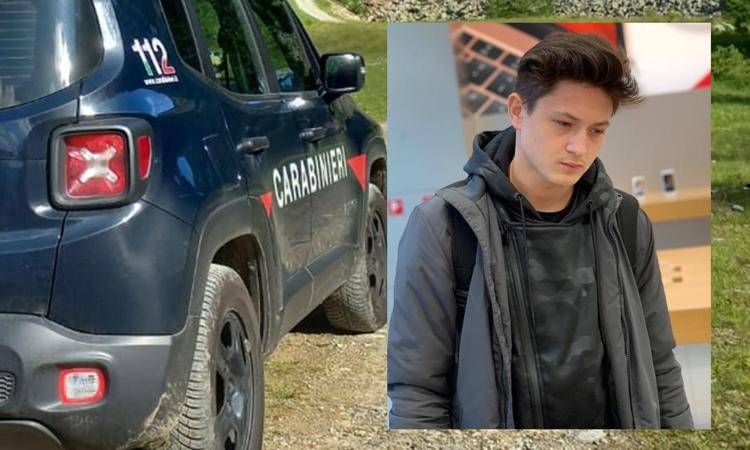
 News22 ore ago
News22 ore agoOmicidio Sergiu Tarna, arrestato un 38enne di Spinea: è il presunto complice di Salvagno
-
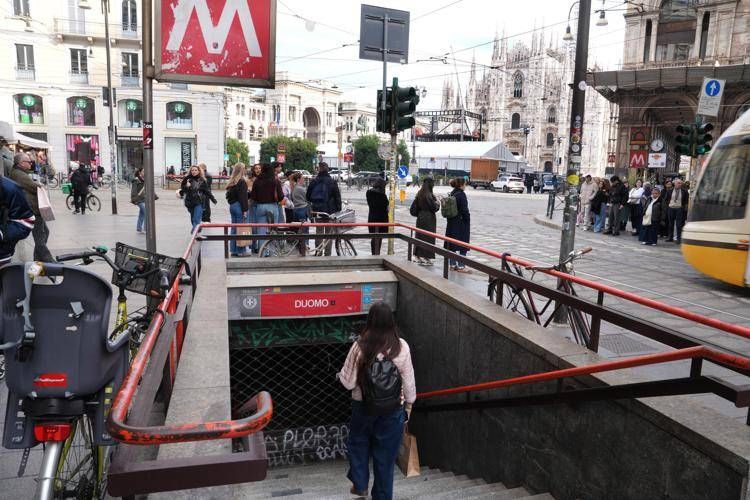
 Flash22 ore ago
Flash22 ore agoSciopero Atm a Milano: stop a bus, tram e metro domani giovedì 15 gennaio
-

 Flash20 ore ago
Flash20 ore agoUomo morto a Magenta scaricato in ospedale dopo tentato furto a Lonate Pozzolo
-
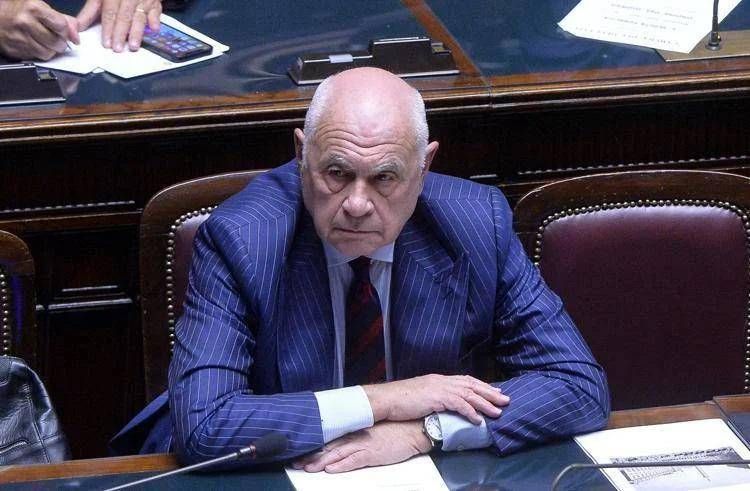
 News22 ore ago
News22 ore agoTar Lazio respinge ricorso referendum sulla giustizia: stop alla sospensione



